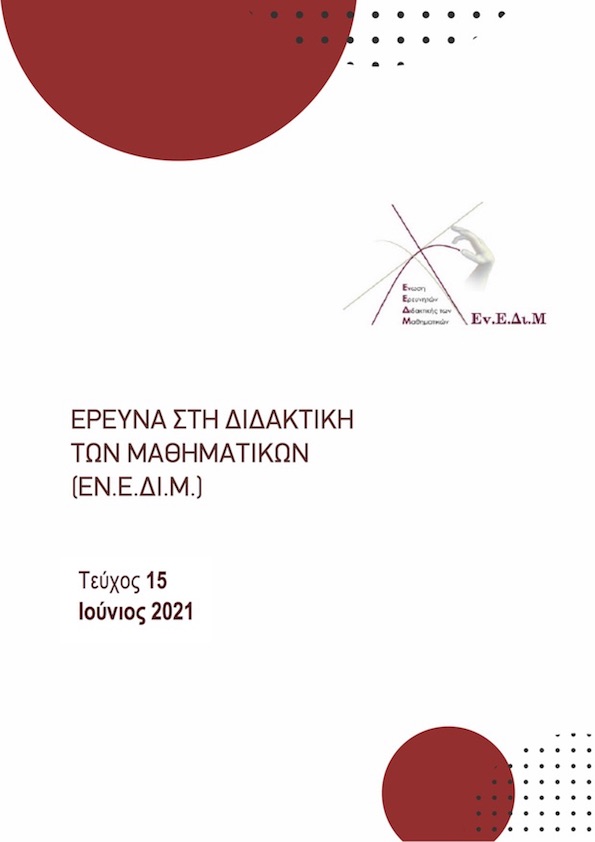PROFESSIONAL DEVELOPMENT OF TEACHERS OF PRIMARY EDUCATION IN MATHEMATICS IN THE CONTEXT OF A COMMUNITY OF PRACTICE

Abstract
The present study aims to examine the potentials for primary teachers’ professional development in teaching Mathematics in the context of a Community of Practice constituted and operated during the school year 2017-2018 in an experimental school in Northern Greece. In the Community of Practice under consideration 10 teachers and two researchers of Mathematics Education participated. Wenger’s theory of Community of Practice was used for the study of this particular ‘case’. The results show that the collaboration of the teachers with the researchers and the teacher-researcher, who operated as facilitator in the field, promoted teachers’ reflection, gave answers to problems and teaching dilemmas that teachers were facing every day while teaching Mathematics and generally brought out the potentials of elementary teachers for professional development in Mathematics in the context of the Community of Practice.
Article Details
- How to Cite
-
Πετρίδου (Antonia Petridou) Α. (2021). PROFESSIONAL DEVELOPMENT OF TEACHERS OF PRIMARY EDUCATION IN MATHEMATICS IN THE CONTEXT OF A COMMUNITY OF PRACTICE. Research in Mathematics Education, (15), 81–107. https://doi.org/10.12681/enedim.23058
- Section
- Young Researchers

This work is licensed under a Creative Commons Attribution 4.0 International License.
Authors who publish with this journal agree to the following terms:
Authors retain copyright and grant the journal right of first publication with the work simultaneously licensed under a Creative Commons Attribution licence that allows others to share the work with an acknowledgement of the work's authorship and initial publication in this journal.
Authors are able to enter into separate, additional contractual arrangements for the non-exclusive distribution of the journal's published version of the work (e.g. post it to an institutional repository or publish it in a book), with an acknowledgement of its initial publication in this journal.
Authors are permitted and encouraged to post their work online (preferably in institutional repositories or on their website) prior to and during the submission process, as it can lead to productive exchanges, as well as earlier and greater citation of published work (See The Effect of Open Access).


